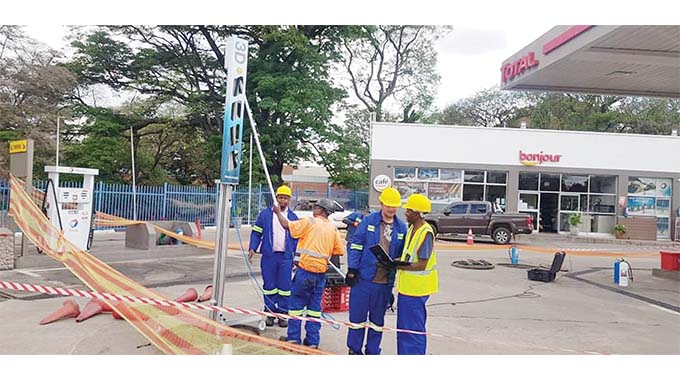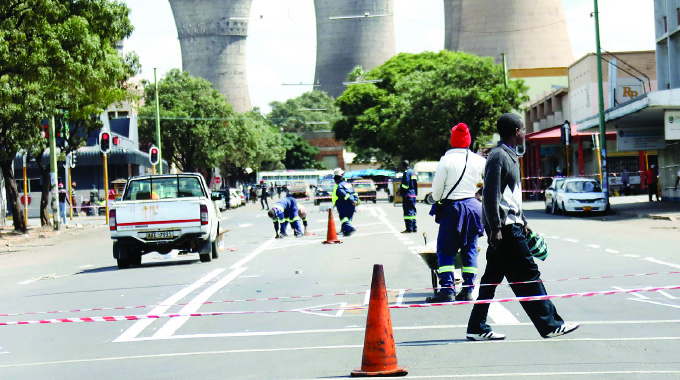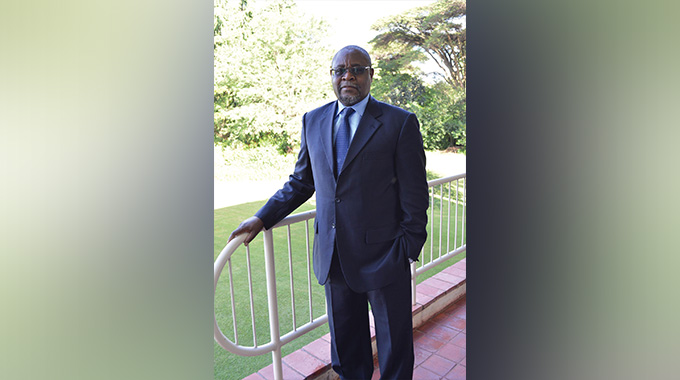Bulawayo firm introduces ICT fuel management system

Business Reporter
A BULAWAYO fuel solutions company, Garage and Forecourt (Pvt) Ltd, has introduced an information communication technology (ICT)-based fuel storage calibration machine that will see firms migrating from manual methods of fuel management.
Transport and fuel by extension, is one of the biggest cost centres for local businesses hence a scientific controlled solution to businesses will come in handy as several businesses move to cut overhead costs in a bid to boost profits.
The Italian imported 3D Laser Scan machine from Garage and Forecourt uses state-of-the-art technology to calibrate and re-calibrate fuel tanks and marks a departure from companies’ reliance on volume-modelled calibrations.
Calibration and re-calibration are key aspects in the fuel industry as they assist in stock accounting and management.
Fuel service stations rely on it heavily for day to day management.
“With tank positioning sometimes changing due to ground movement, recalibration is a necessity in the fuel sector.
The machine also comes in with tank integrity checks and this entails checking for leaks and any other factors that can compromise a tank’s suitability to store fuel.
The intervention comes in as Government is also pursuing IT solutions in line with the National ICT Policy launched in 2018.
In an interview with, Garage and Forecourt (Pvt) Ltd, managing director, Mr Omalli Jani, said the technology was attracting a lot of business interest.
“Most of the companies in the fuel sector as well as other businesses that do bulk fuel storage have welcomed this technology,” said Mr Jani.
“There has also been a realisation from our work that most of the facilities we have worked with have an issue with tank integrity and our technology has come in handy with tank integrity solutions.
“This is largely to be expected because not many companies had been investing in fuel tanks management in the past.
“In any case those that have been investing were relying on manual solutions and you will be aware that manual work is not as efficient as IT-based solutions,” he said.
The Italian imported technology has the capacity to calibrate the whole tank with just 15 percent of stock as opposed to the volumetric calibration manual method that requires 100 percent stock and is also time consuming.
With fuel shortages in the economy, not many businesses can afford to fill up for calibrations only, let alone to spend on fuel that it does not probably intend using.
Experts say on average, the volumetric method takes about eight hours to calibrate a 25 000 litre tank and with most stations having an average of four of these, it might take up to four days to do one station while the new technology needs about 45 minutes.









Comments